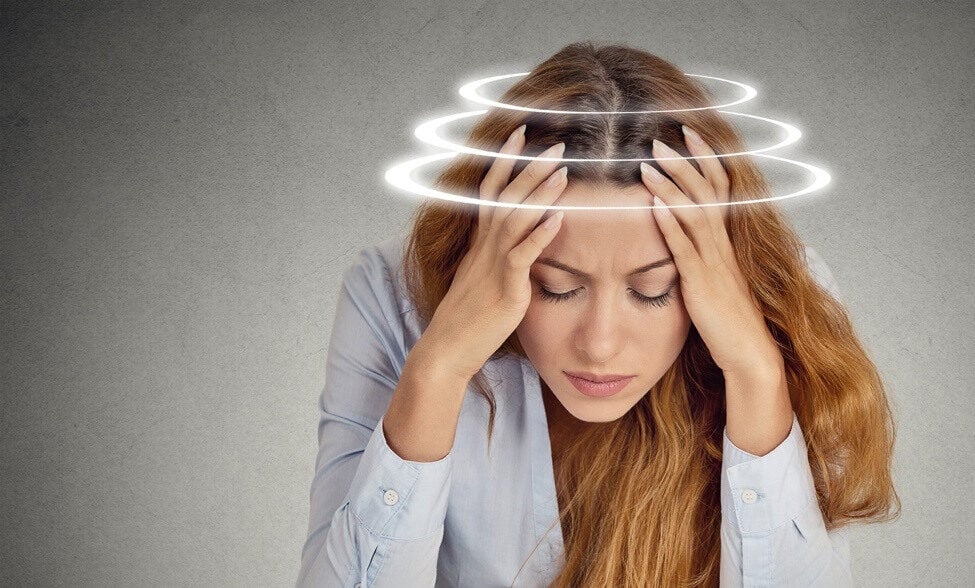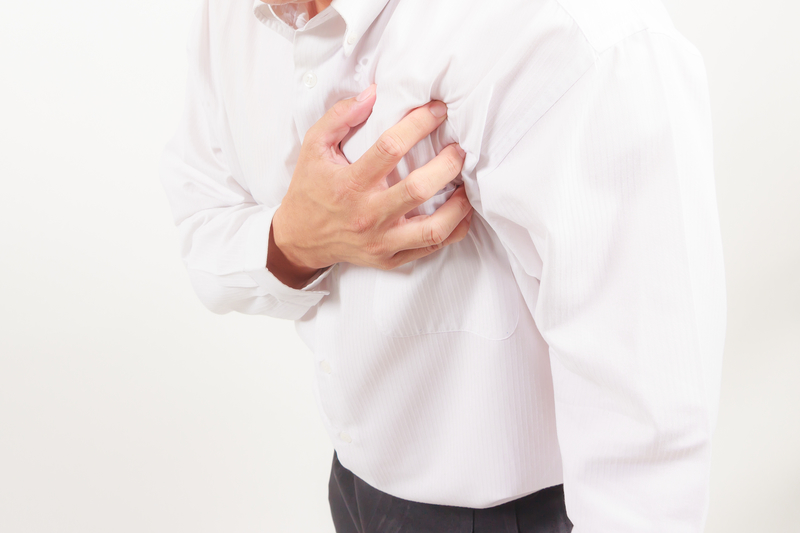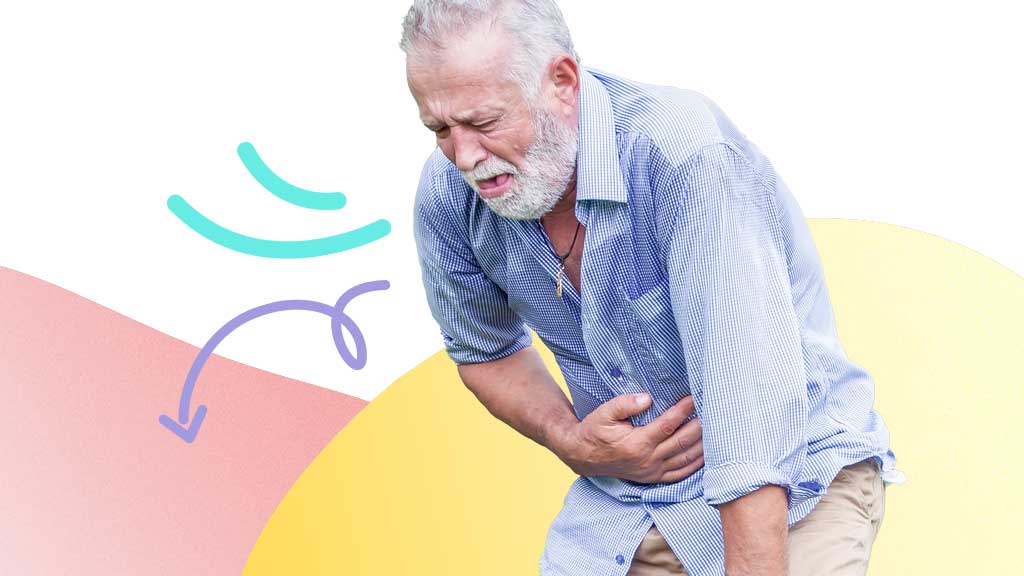In the movies and on TV, signs that a character is having a heart attack shows an actor clutching his chest, saying his chest hurts. But is all chest pain a heart attack?
Chest pain can come in many forms, ranging from a mild, dull ache to a sharp stabbing sensation. While chest pain is commonly associated with heart disease, this can be due to many reasons that have nothing to do with the heart.
But how can you tell if the chest pain is really due to something serious?

It could be your heart
When it comes to heart-related problems, the discomfort can differ from one person to the other. For women or persons with diabetes, the symptoms can be unusual or very mild.
In general, chest pain due to a heart problem can be associated with one or more of the following:
•Heaviness, pressure, burning or tightness in the chest
•Intense, crushing pain that travels from the chest to the neck, jaw, back, shoulders and one or both arms
•Pain that gets worse with activity
•Pain that lasts more than a few minutes and gets worse with time
•Pain that goes away but comes back
•Dizziness or lightheadedness or confusion
•Cold sweats
•Shortness of breath
•Nausea or vomiting
In these situations, chest pain should not be ignored and you should seek medical help immediately.

It’s probably not your heart
Other causes of chest pain may be due to the problems with the lungs; muscles, bones or skin in the chest area; heartburn or reflux; or stress and anxiety. It is less likely to be caused by a heart problem if the chest pain is more often associated with:
•Sudden stabbing pain that lasts only a few seconds
•Sharp or knifelike pain brought on by breathing or coughing
•Pain that worsens with deep breathing or coughing
•Pain that gets better or worse with a change in body position
•Tenderness in one area when pushing on the chest
•A sour taste in the mouth
•Difficulty swallowing
•Pain on just one side of the body
•Pain that lasts for many hours or days without any other symptoms
Go see your doctor
Unlike a cramp in the leg or a sore lower back, chest pain isn’t something to put off until tomorrow. It also isn’t something to diagnose at home by searching for answers on the Internet or asking a friend on which medication to take.
If you have new or unexplained chest pain or suspect you’re having a heart attack, go see your doctor right away or head to the closest emergency room ASAP. Minutes matter if you want to prevent permanent damage to your heart.
Excuses to not see the doctor are thinking you’re too young or in great shape and could not possibly be having a heart attack. Heart attacks can happen to anyone.
Once seen by a doctor, you will be interviewed and examined quickly, and you will get a test called an electrocardiogram and some blood tests.
To help speed things along, your doctors will need more information. Clear answers to these questions will help immensely in coming up with the correct diagnosis.
What does it feel like (pain, pressure, tightness, etc.)?
Where do you feel it?
Does it travel to any other part of the body?
When did it start?
Has it gotten worse or stayed the same?
Is the feeling constant or does it come and go?
Have you felt it before?
What were you doing when it started?
Is there anything that makes the pain go away or makes it worse?
Chest pain is serious
In general, all chest pains should be evaluated by a doctor. You can never be sure on your own what is causing the pain, so the sooner you are checked out, the sooner you can receive the proper treatment. Don’t worry that your doctor will be upset with you for the false alarm. You should be congratulated on knowing when to see your doctor.
